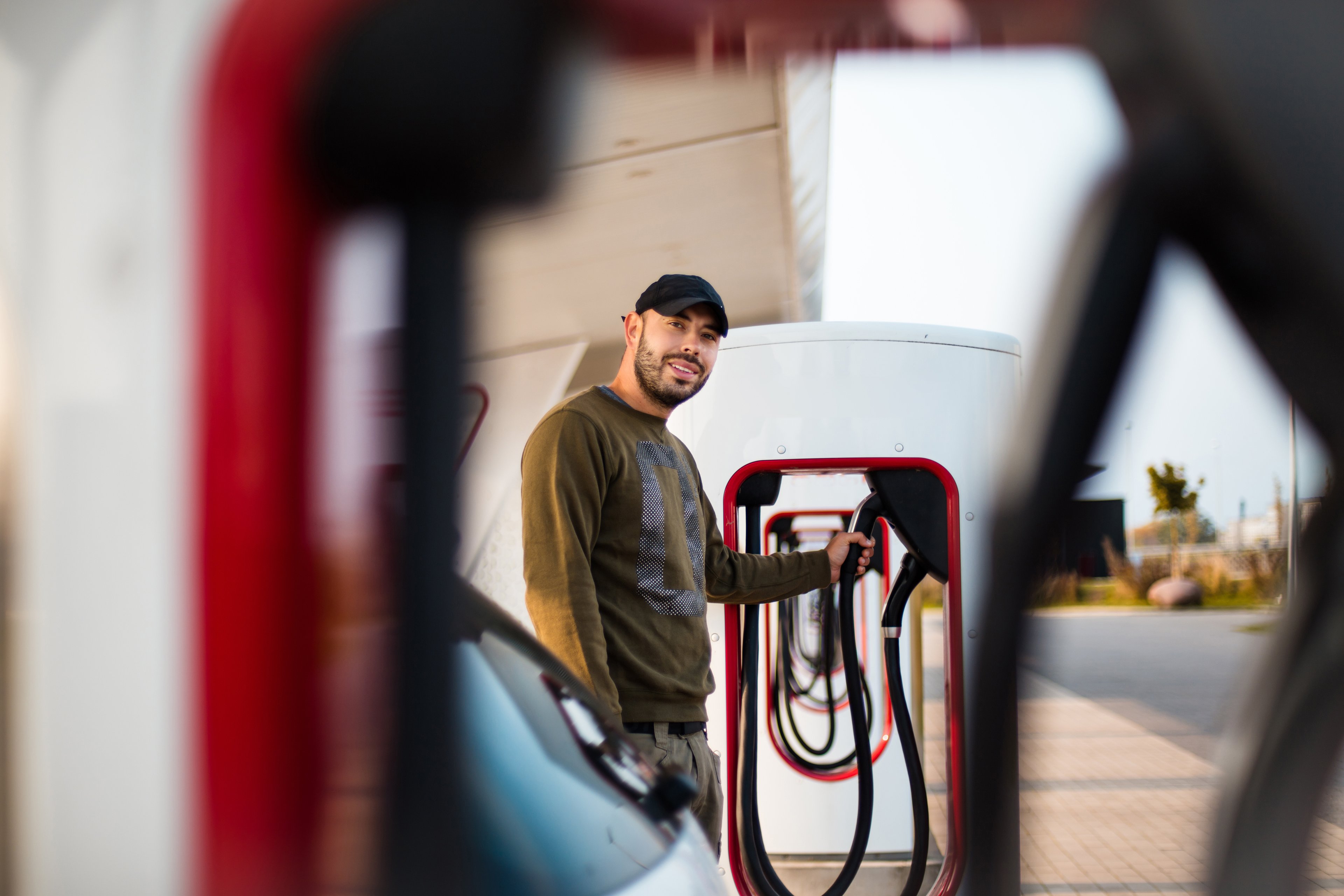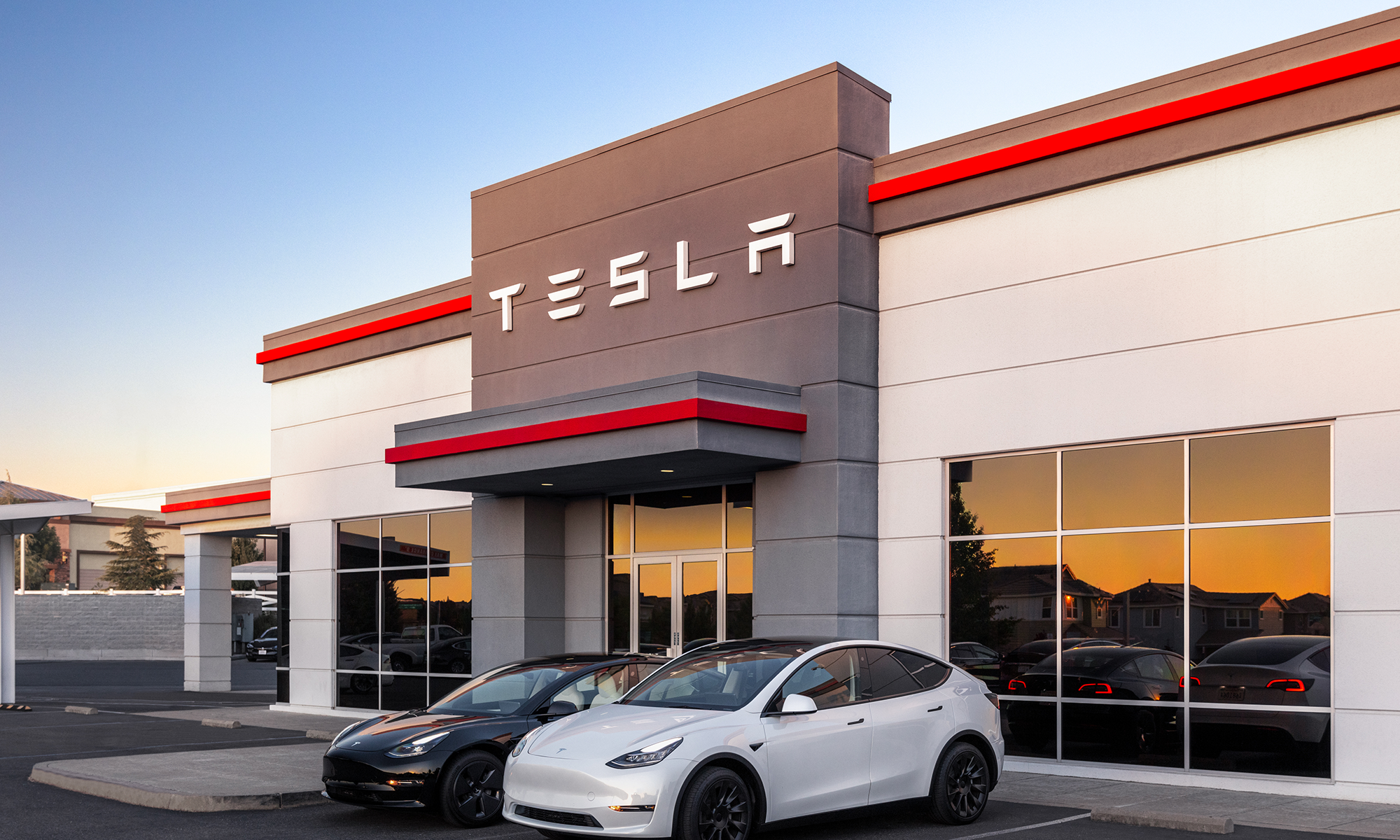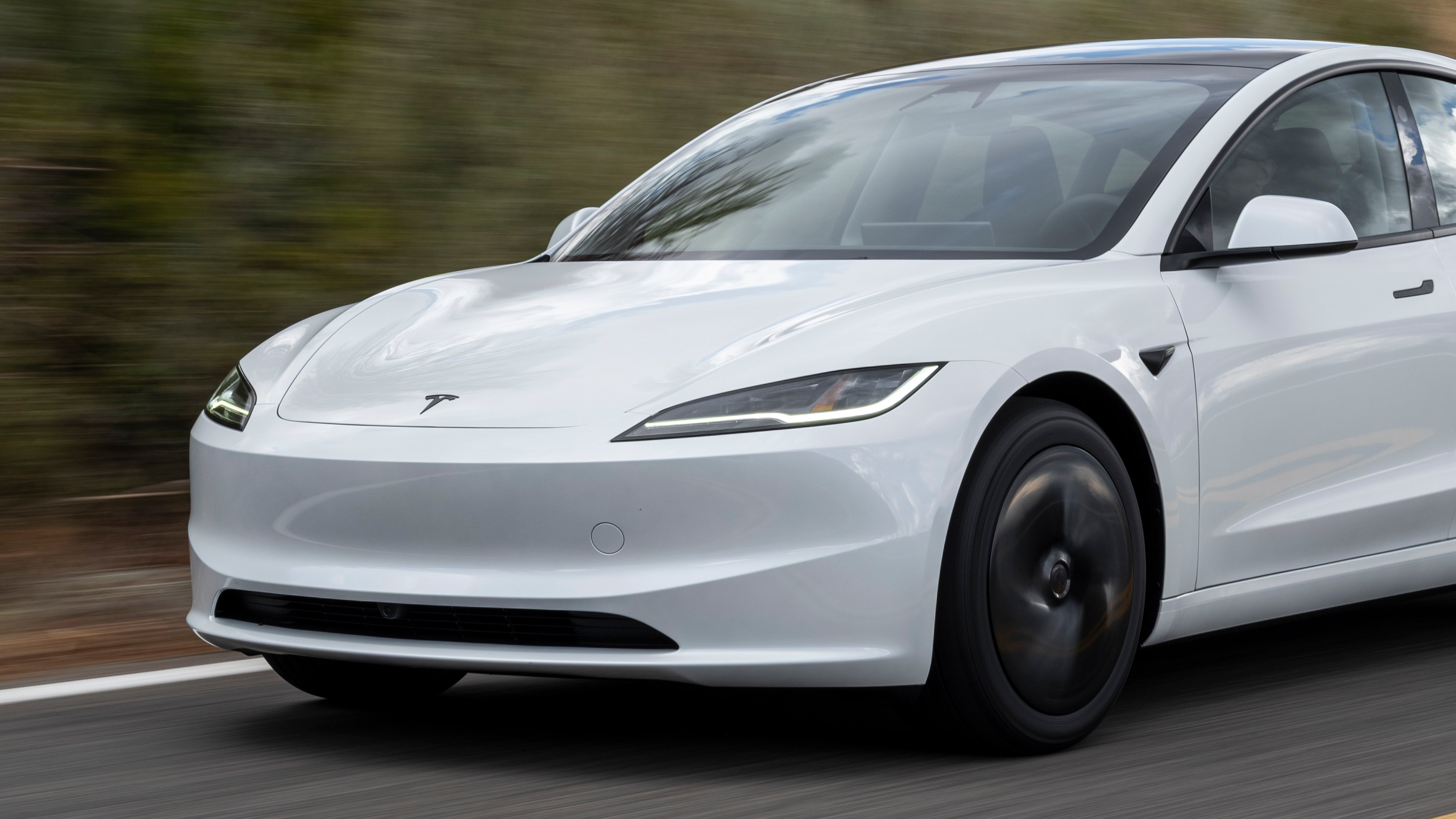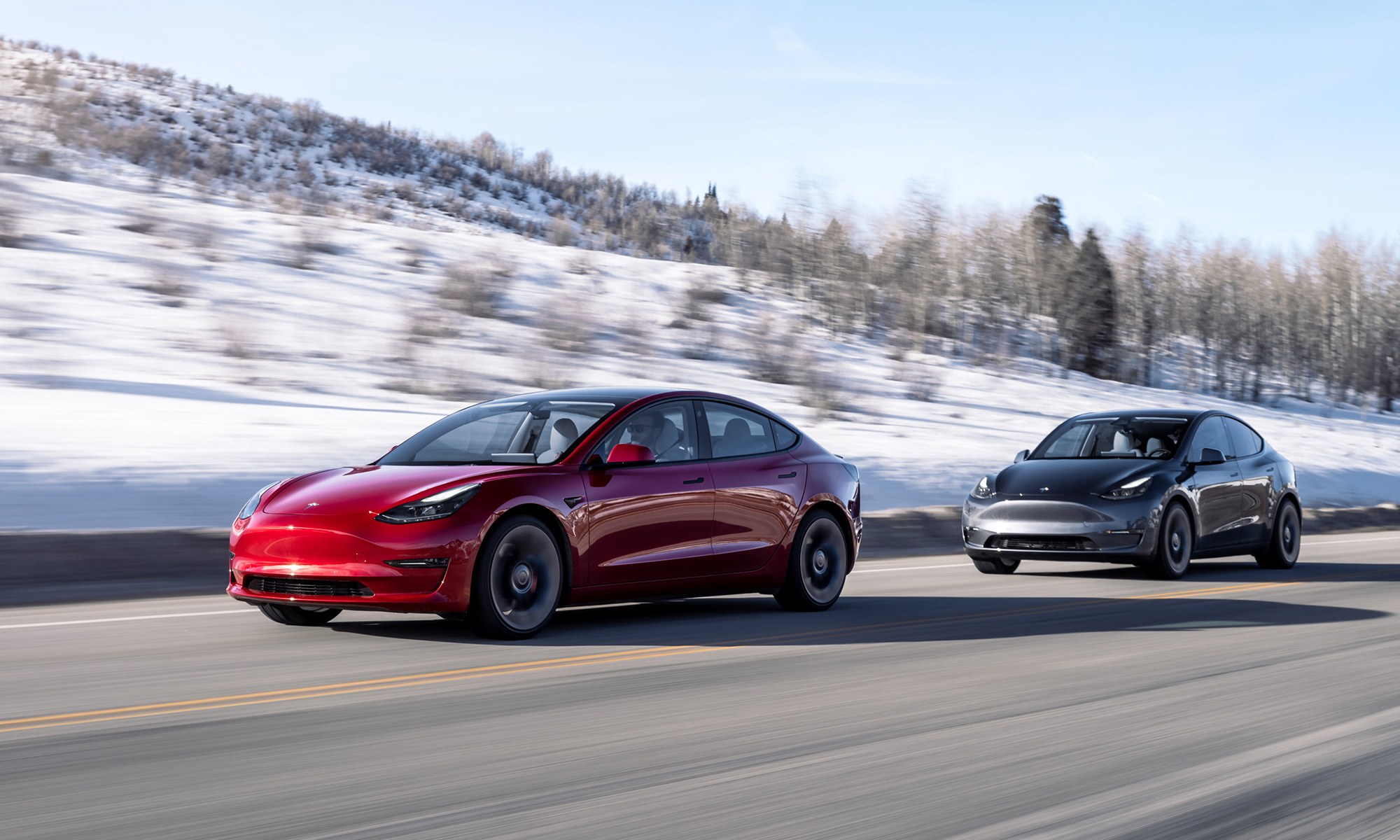
Source: Author.
The biggest takeaway from technology journalist Ashlee Vance's new biography, Elon Musk: Tesla, SpaceX, and the Quest for a Fantastic Future, is clear: The South African-born self-made billionaire's ambition will stop at nothing. But what really makes this tale of drive so interesting is Musk's track record to date. He's the man behind PayPal, Tesla Motors (NASDAQ: TSLA), SpaceX, and SolarCity (NASDAQ: SCTY). Vance's take on Musk gives readers an unbiased glimpse into the entrepreneur's undeniable success in some of the world's toughest industries for start-ups.
Ahead of the book's release on May 19, here are some of the most intriguing excerpts.
The PayPal Mafia
While Musk made his first fortune from an early start-up called Zip2, it was at PayPal that the entrepreneur first showed his ability to challenge a complex industry already set in its ways.
Musk's central role as co-founder of PayPal shouldn't be overlooked. In retrospect, the PayPal history is evidence of Musk's unquestionable genius at rallying talented individuals around a big goal and making things happen.
PayPal also came to represent one of the greatest assemblages of business and engineering talent in Silicon Valley history. Both Musk and [Peter] Thiel had a keen eye for young, brilliant engineers. The founders of start-ups as varied as YouTube, Palantir Technologies, and Yelp all worked at PayPal. Another set of people -- including Reid Hoffman, Thiel, and [Roelof] Botha -- emerged as some of the technology industry's top investors. PayPal staff pioneered techniques in fighting online fraud that have formed the basis of software used by the CIA and FBI to track terrorists and of software used by the world's largest banks to combat crime. This collection of super-bright employees has become known as the PayPal Mafia -- more or less the current ruling class of Silicon Valley -- and Musk is its most famous and successful member.
Musk's uncanny ability to build successful organizations hit new levels after PayPal.
"During a time in which clean-tech businesses have gone bankrupt with alarming regularity, Musk has built two of the most successful clean-tech companies in the world," Vance writes. "The Musk Co. empire of factories, tens of thousands of workers, and industrial might has incumbents on the run and has turned Musk into one of the richest men in the world, with a net worth around $10 billion."

Tesla factory in Fremont, California. Source: Tesla Motors.
Musk's track record suggests his lofty goals are achievable
Vance goes beyond simply laying out Musk's track record. His portrait of Musk shows just how crucial the entrepreneur was to the major achievements behind every start-up he was involved with. Going even further, Vance's report of Musk led him to believe PayPal's achievements might have been limited by a cautious board of directors who had trouble wrapping their minds around Musk's unbridled ambition.
"History has demonstrated that while Musk's goals can sound absurd in the moment, he certainly believes in them and, when given enough time, tends to achieve them," Vance argues.
Some of Musk's current visions that are often criticized as overly optimistic include:
- At Tesla, where Musk is CEO, he wants to sell 500,000 vehicles per year by 2020, up from management's target to sell just 55,000 vehicles this year.
- At SpaceX, the other company where Musk is currently CEO, he wants to put a man on Mars in 10 years.
- Combining Tesla's new battery storage business and the solar panel operations at SolarCity, where Musk serves as chairman, Musk wants to catalyze a global transition to sustainable energy.
Sparking a new level of innovation in Silicon Valley
After studying Musk, Vance believes that the entrepreneur is playing a key role in pushing Silicon Valley toward greater innovation and more meaningful work.
Vance describes a lull in Silicon Valley between 2002 and 2007:
Between Google and Apple's introduction of the iPhone in 2007, there's a wasteland of ho-hum companies. And the hot new things that were just starting out -- Facebook and Twitter -- certainly did not look like their predecessors -- Hewlett-Packard, Intel, Sun Microsystems -- that made physical products and employed tens of thousands of people in the process. In the years that followed, the goal went from taking huge risks to create new industries and grand new ideas, to chasing easier money by entertaining consumers and pumping out simple apps and advertisements.

SpaceX Crew Dragon spacecraft, designed to take astronauts to and from space. Image source: SpaceX.
But Musk's bold vision and willingness to take risks, paired with surprisingly robust execution, in the automotive, space, and energy industries, Vance explains, set a new precedent.
'To me, Elon is the shining example of how Silicon Valley might be able to reinvent itself and be more relevant than chasing these quick IPOs and focusing on getting incremental products out,' said Edward Jung, a famed software engineer and inventor. 'Those things are important, but they are not enough. We need to look at different models of how to do things that are longer term in nature and where the technology is more integrated.' The integration mentioned by Jung -- the harmonious melding of software, electronics, advanced materials, and computer horsepower -- appears to be Musk's gift. Squint ever so slightly, and it looks like Musk could be using his skills to pave the way toward an age of astonishing machines and science fiction dreams made manifest.
Of the many profiles of business leaders, Vance's take on Musk is among the best. The author's objective and unbiased viewpoint captures Musk's good and bad, his achievements and failures. Based on more than 30 hours of conversations with Musk, and interviews with close to 300 people, this investigative biography captures many facets of the inventor and entrepreneur. Elon Musk: Tesla, SpaceX, and the Quest for a Fantastic Future should be required reading for anyone in business.






